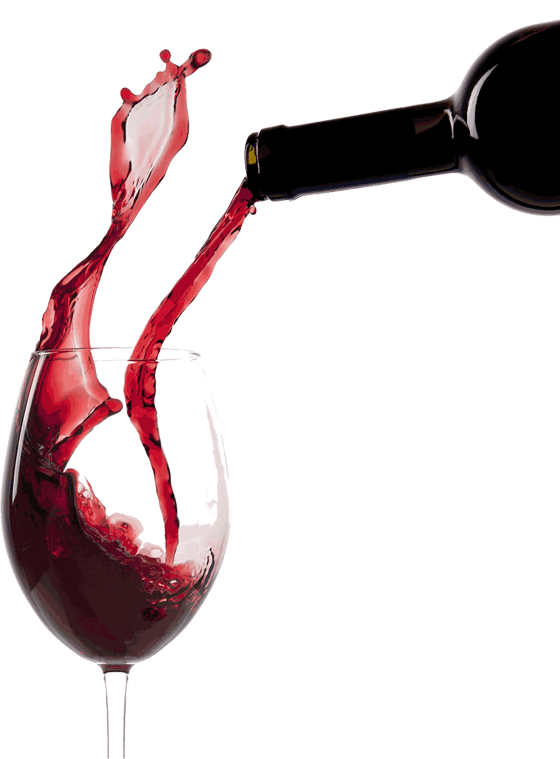 404
404
Извините, наш посетитель.
Страница, которую вы запросили, не находится в нашей базе данных.
Скорее всего вы попали на битую ссылку или опечатались при вводе URL страницы в браузере.
Чтобы не терять своё время перелистывая страницы предлагаем Вам вернуться на:
А также с Условиями оплаты: предоплата. FCA: Одесса-Лиски
Кратность заказов: вагон (40 008 бут 0,75 л) Kronos - Odessa.
Условия оплаты: предоплата. FCA: Одесса-Лиски
Кратность заказов: вагон (40 008 бут 0,75 л) Kronos - Evpatoria.
Условия оплаты: предоплата. FCA: Евпатория
Кратность заказов: вагон (40 008 бут 0,75 л)
